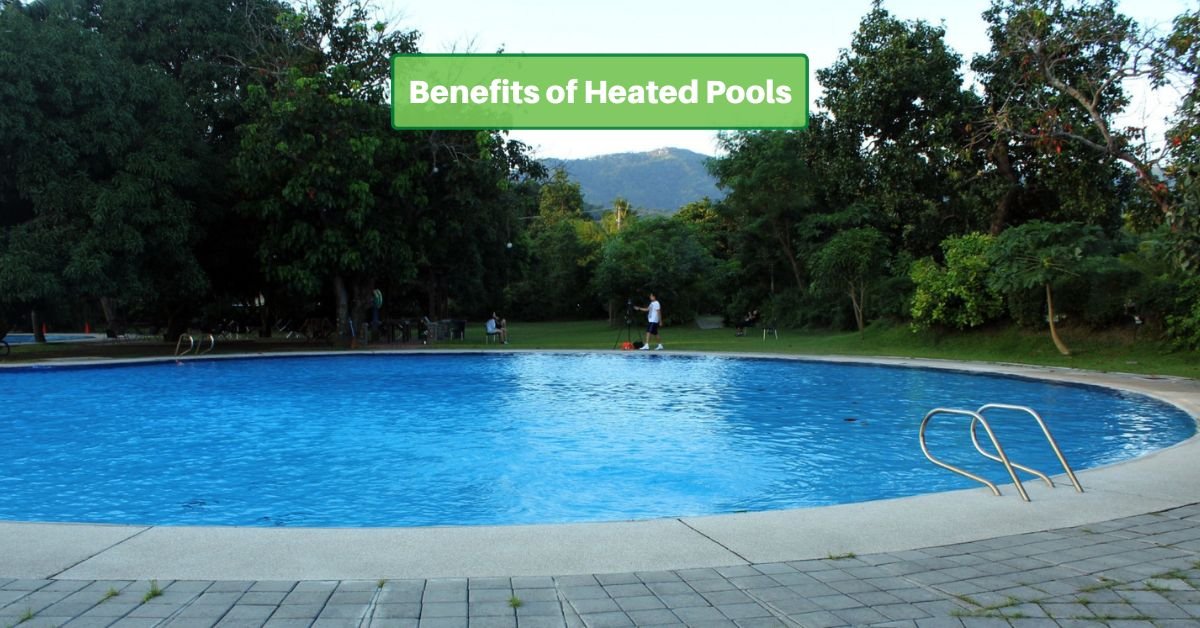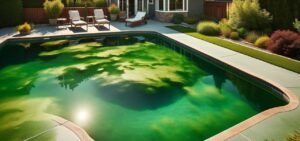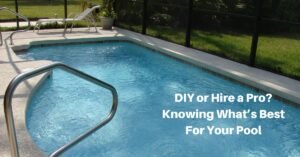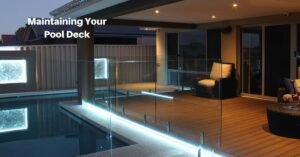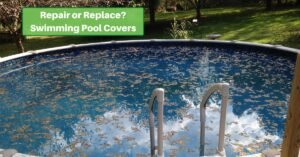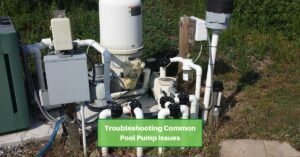As the golden hues of autumn give way to the stark beauty of winter, most homeowners bid farewell to the joys of their swimming pool, resigned to wait for spring’s warmth before plunging in again. However, modern heating solutions have transformed the humble backyard pool from a seasonal luxury into a year-round source of enjoyment and relaxation. Heated pools, with their promise of warm, inviting waters regardless of the air’s chill, offer many benefits beyond mere leisure.
Extended Swimming Season
A heated pool’s most immediate benefit is its extended swimming season. If you have a heated pool, you can enjoy a morning lap or a relaxing evening soak even when the leaves fall or snow blankets the ground. This ability to swim year-round maximizes your investment in a pool. It provides a continuous outlet for exercise, relaxation, and family fun.
Health and Wellness
Swimming is universally recognized for its health benefits, including reduced stress levels, improved cardiovascular health, and enhanced muscle strength without the strain on joints associated with many other forms of exercise.
A heated pool encourages regular use and a healthier lifestyle. The warm water can also be therapeutic, easing muscle tension and pain and providing a tranquil space for meditation and stress relief. Water’s buoyancy and warmth can make gentle rehabilitation exercises more comfortable for those recovering from injuries.
Increased Property Value
A heated pool significantly upgrades any property, increasing its value and appeal. Prospective homebuyers are drawn to the luxury and convenience of a pool that promises year-round use, viewing it as an attractive feature that enhances the property’s entertainment and living space. While the initial investment and ongoing costs of heating a pool may be considerable, the potential increase in property value and the extended usability can justify the expense.
Social and Family Enjoyment
A heated pool becomes a focal point for social gatherings and family activities throughout the year. It provides a unique setting for celebrating holidays, hosting winter barbecues, or enjoying quality time with loved ones in a warm and inviting environment. Using the pool anytime adds a new dimension to home entertainment options, making it a popular feature among guests of all ages.
Types of Pool Heaters
Choosing the right heater for your pool involves considering several factors, including efficiency, cost, and environmental impact. The three primary types of pool heaters are solar, electric, and gas.
Solar Heaters utilize energy from the sun, making them the most environmentally friendly and cost-effective option over the long term. However, their efficiency depends on the availability of sunlight, and they may only be suitable for some climates.
Electric Heaters are known for their reliability and consistent performance. They work well in any climate but can be expensive, depending on local electricity rates.
Gas Heaters heat pools quickly and can be used in any weather, making them ideal for those who do not use their pool regularly but want it available year-round. The cost of running a gas heater will vary with gas prices and the frequency of use.
Each type of heater has advantages and is suited to different needs and environments. Choosing the right one involves balancing initial costs, operating expenses, and environmental considerations.
Economic Considerations
The decision to heat your pool year-round involves the initial investment in a heating system and ongoing operational costs. Solar heaters present a higher upfront cost, but their operation is significantly cheaper in the long run since the sun’s energy is free. Although reliable, electric heaters can lead to higher electricity bills, especially in areas with steep electricity rates. Gas heaters, while efficiently heating the pool quickly, will have variable operating costs that depend on the fluctuating gas prices.
To manage these expenses effectively:
Consider your usage pattern: A gas heater might be more economical if you plan to use the pool sporadically throughout the winter. For regular swimmers, solar or electric heaters could offer long-term savings.
Invest in a pool cover: A high-quality cover can significantly reduce heat loss, decreasing the energy required to keep the pool warm.
Opt for energy-efficient models: Whether you choose a solar, electric, or gas heater, look for energy-efficient models that can help reduce operating costs.
Health and Safety Precautions
Heating your pool also requires a commitment to maintaining water quality and ensuring the safety of all swimmers.
Water Quality Management: The warmth of heated pools can make them more susceptible to bacteria and algae growth. Regular testing and adjusting of the water’s chemical balance are essential to keep the pool safe. Automated pool cleaners and scheduled maintenance can help in maintaining optimal water quality.
Temperature Guidelines: It’s essential to keep the water at a comfortable and safe temperature. The ideal range is between 78°F to 82°F for active swimming. For therapeutic purposes or gentle swimming, slightly higher temperatures may be appropriate, but it’s crucial not to exceed 90°F to avoid the risk of overheating, especially for young children and older adults.
Supervision and Safety Equipment: Regardless of the season, always maintain supervision when using the pool. Ensure that safety equipment, such as life rings and pool alarms, is readily available and in good condition. Establishing and enforcing pool safety rules for everyone’s protection is also wise.
Maintenance Tips for Heated Pools
To ensure your heated pool remains in top condition year-round, adhere to a consistent maintenance schedule.
Regular Cleaning: Beyond chemical balance, keeping the pool clean from debris and dirt is essential. Use pool vacuums and skimmers regularly to keep the water clear.
Seasonal Checks: Before the onset of winter, ensure your heating system is in tip-top condition. Have a professional inspect your heater and perform necessary maintenance or repairs to avoid mid-season breakdowns.
Monitor Energy Consumption: Monitor your energy bills and the heater’s performance. Unexpected spikes in cost or dips in heating efficiency may indicate a need for maintenance or adjustment in your heating practices.
A heated pool can transform your backyard into a year-round oasis, offering benefits that far outweigh the challenges of maintenance and cost. By understanding and implementing the proper practices for economic efficiency, safety, and regular upkeep, you can enjoy the myriad benefits of your heated pool throughout all seasons.
A heated pool is a valuable addition to any home, whether for health and wellness, increased property value, or more opportunities for family and social gatherings. With careful planning and responsible management, you can ensure your pool remains a source of joy and relaxation year-round.

